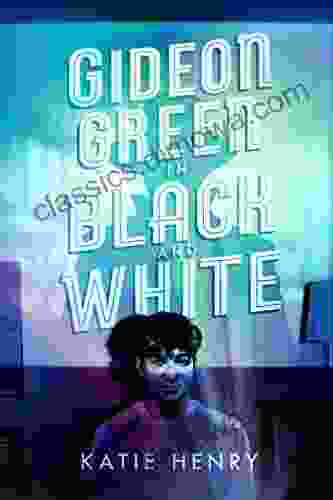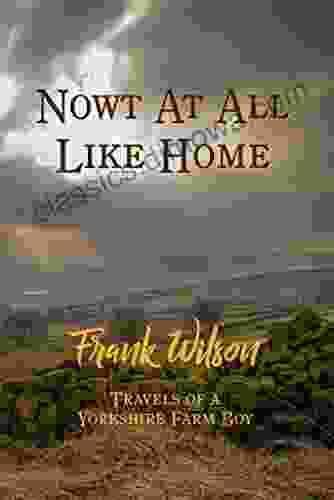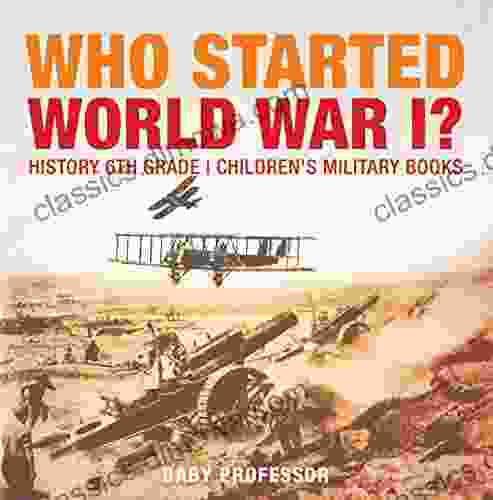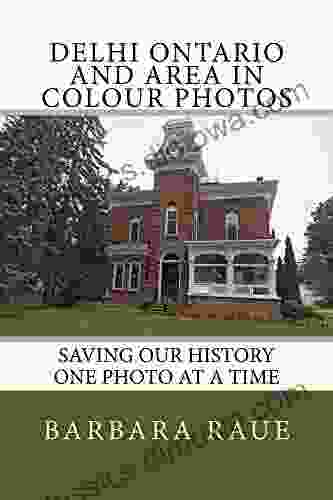Who Started World War I? A History for 6th Grade Children

In this book, we will explore the complex chain of events that led to the outbreak of World War I. We will learn about the political, social, and economic tensions that existed in Europe at the beginning of the 20th century, and we will examine the specific events that triggered the start of the war.
4.8 out of 5
| Language | : | English |
| File size | : | 3437 KB |
| Screen Reader | : | Supported |
| Print length | : | 64 pages |
The Causes of World War I
There were many factors that contributed to the start of World War I. Some of the most important causes include:
- Nationalism: A sense of national pride and identity was on the rise in Europe in the late 19th and early 20th centuries. This led to competition and rivalry between nations, as each country sought to protect its own interests.
- Imperialism: European powers were competing for control of colonies in Africa, Asia, and the Middle East. This competition led to tensions between nations, as each country sought to expand its empire.
- Militarism: European countries were building up their militaries in the years leading up to World War I. This arms race created a sense of fear and insecurity among nations, as each country worried about being attacked by its rivals.
- Alliances: European countries entered into a complex system of alliances in the years leading up to World War I. These alliances obligated countries to come to the aid of their allies if they were attacked. This system of alliances made it more difficult to resolve conflicts peacefully.
The Outbreak of World War I
The immediate trigger for the outbreak of World War I was the assassination of Archduke Franz Ferdinand, the heir to the Austro-Hungarian throne. The assassination was carried out by a Serbian nationalist on June 28, 1914. Austria-Hungary blamed Serbia for the assassination and declared war on Serbia on July 28, 1914.
Russia, Serbia's ally, mobilized its army in response to Austria-Hungary's declaration of war. Germany, Austria-Hungary's ally, responded by declaring war on Russia on August 1, 1914. France, Russia's ally, then declared war on Germany on August 3, 1914. Great Britain, France's ally, declared war on Germany on August 4, 1914.
The Course of the War
World War I was a long and bloody conflict that lasted for four years. The war was fought on multiple fronts, including in Europe, Africa, Asia, and the Middle East. Millions of people were killed or injured in the war, and entire cities were destroyed.
The war ended with the signing of the Armistice of 11 November 1918. The armistice ended the fighting, but it did not resolve the underlying causes of the war. The peace settlement that followed the war was harsh on Germany, and it contributed to the rise of Nazism in the 1930s.
World War I was a tragedy that had a profound impact on the world. The war led to the deaths of millions of people, and it left a legacy of bitterness and resentment that would last for generations.
It is important to remember the lessons of World War I so that we can prevent future wars. We must learn to resolve conflicts peacefully, and we must work together to build a more just and equitable world.
Discussion Questions
- What were the main causes of World War I?
- What was the immediate trigger for the outbreak of World War I?
- What were the major events of the war?
- What were the consequences of the war?
- What lessons can we learn from World War I?
Further Reading
- World War I for Kids: https://www.kidshistory.com/world-war-i
- The Causes of World War I: https://www.history.com/topics/world-war-i/world-war-i-causes
- The Course of World War I: https://www.nationalww1museum.org/learn/education/educator-resources/world-war-i-timeline
- The Consequences of World War I: https://www.britannica.com/event/World-War-I/Consequences
4.8 out of 5
| Language | : | English |
| File size | : | 3437 KB |
| Screen Reader | : | Supported |
| Print length | : | 64 pages |
Do you want to contribute by writing guest posts on this blog?
Please contact us and send us a resume of previous articles that you have written.
 Book
Book Novel
Novel Page
Page Chapter
Chapter Text
Text Story
Story Genre
Genre Reader
Reader Library
Library Paperback
Paperback E-book
E-book Magazine
Magazine Newspaper
Newspaper Paragraph
Paragraph Sentence
Sentence Bookmark
Bookmark Shelf
Shelf Glossary
Glossary Bibliography
Bibliography Foreword
Foreword Preface
Preface Synopsis
Synopsis Annotation
Annotation Footnote
Footnote Manuscript
Manuscript Scroll
Scroll Codex
Codex Tome
Tome Bestseller
Bestseller Classics
Classics Library card
Library card Narrative
Narrative Biography
Biography Autobiography
Autobiography Memoir
Memoir Reference
Reference Encyclopedia
Encyclopedia John Sutherland
John Sutherland Audrey Grey
Audrey Grey Jamal El Ali
Jamal El Ali Selraybob
Selraybob Liliana Buchtik
Liliana Buchtik Axel Schwab
Axel Schwab Zen Dipietro
Zen Dipietro Claudia Cangilla Mcadam
Claudia Cangilla Mcadam Ingrid Rojas Contreras
Ingrid Rojas Contreras Egon Balas
Egon Balas K M Walton
K M Walton Thomas Keightley
Thomas Keightley Earl Derr Biggers
Earl Derr Biggers Steve Richardson
Steve Richardson Edward P Johanningsmeier
Edward P Johanningsmeier Miriam Schlein
Miriam Schlein Joe Flynn
Joe Flynn Barbara Murphy
Barbara Murphy Ashley Galina Dudarenok
Ashley Galina Dudarenok John B Firth
John B Firth
Light bulbAdvertise smarter! Our strategic ad space ensures maximum exposure. Reserve your spot today!

 Cruz SimmonsUnveiling the Enthralling Lady of Perdition: A Literary Journey with Benjamin...
Cruz SimmonsUnveiling the Enthralling Lady of Perdition: A Literary Journey with Benjamin... Gabriel MistralFollow ·6.1k
Gabriel MistralFollow ·6.1k Marcel ProustFollow ·13.1k
Marcel ProustFollow ·13.1k Ed CooperFollow ·8k
Ed CooperFollow ·8k Brian BellFollow ·7.9k
Brian BellFollow ·7.9k Rudyard KiplingFollow ·7.2k
Rudyard KiplingFollow ·7.2k Brody PowellFollow ·16.9k
Brody PowellFollow ·16.9k Chadwick PowellFollow ·19k
Chadwick PowellFollow ·19k Avery SimmonsFollow ·10.7k
Avery SimmonsFollow ·10.7k

 Marcus Bell
Marcus BellHigh Lonesome: A Literary Journey into the Heart of the...
<p>Hannah weaves a intricate...

 Gabriel Hayes
Gabriel HayesRediscover Gideon Green's Timeless Adventures in "Gideon...
Embark on an Extraordinary Journey with...

 Samuel Taylor Coleridge
Samuel Taylor ColeridgeEscape to a Literary Haven: Discover the Enchanting World...
Embark on an Extraordinary Literary...
4.8 out of 5
| Language | : | English |
| File size | : | 3437 KB |
| Screen Reader | : | Supported |
| Print length | : | 64 pages |
















